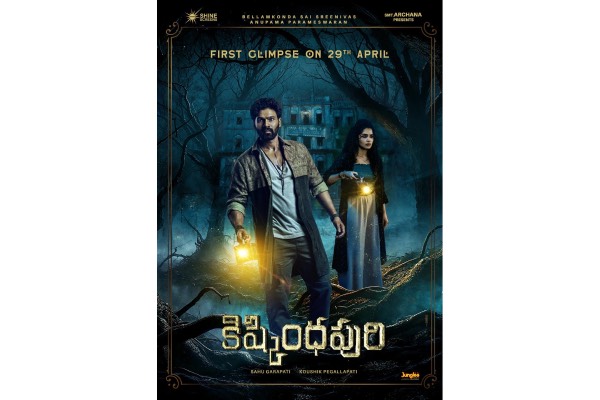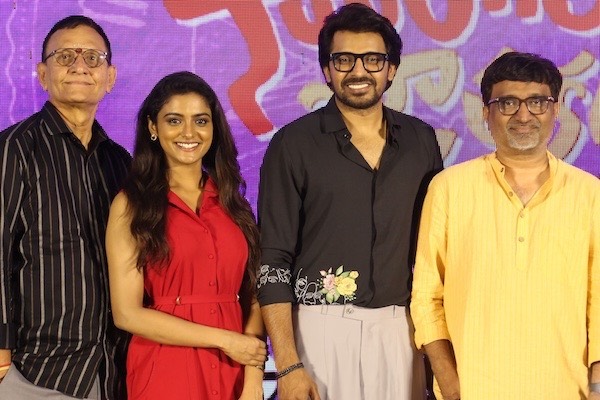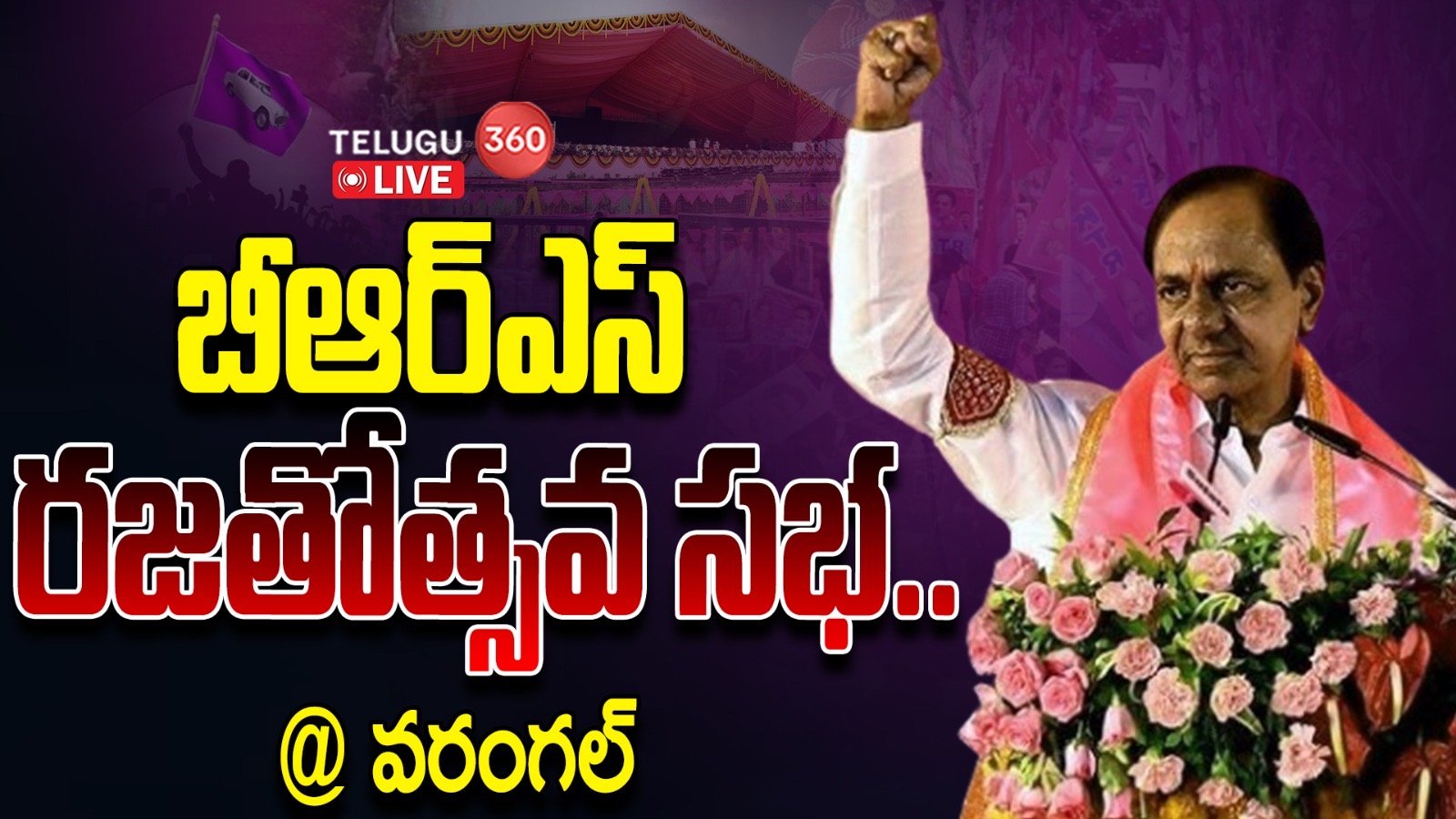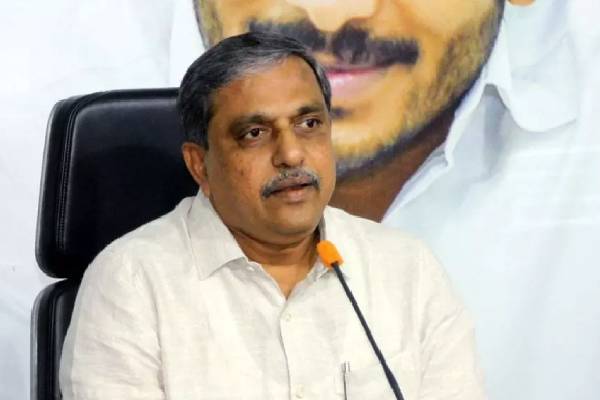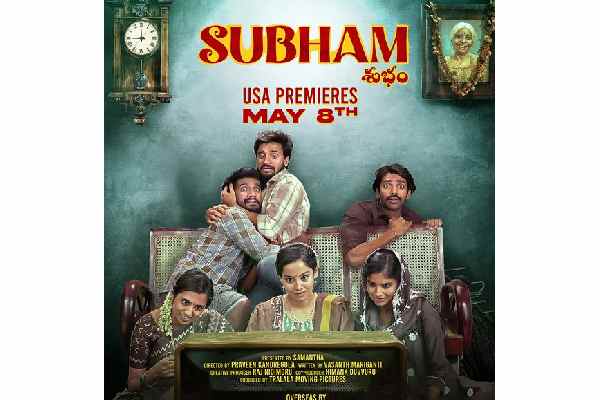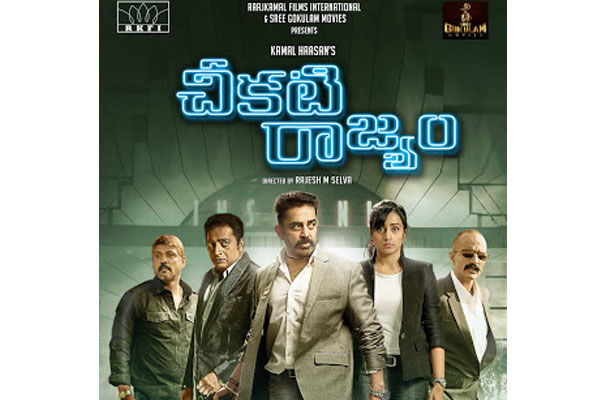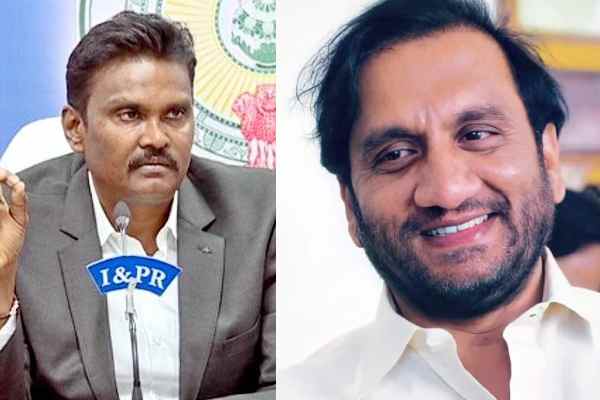[intro]Inspired by “Naut Blanche” (a French film), “Cheekati Rajyam” showcases the brilliance of Kamal Hassan’s screenplay and love of the crafts. It is an-all-night cop chase that grips you in the first half but gets predictable later. [/intro]
Kamal Haasan has a bias towards the crime genre (“Drohi”,”Raghavan”, “Abhay”) whenever he is not doing comedy or multi-faceted roles, especially the cop variety where he passes off like a sleuth-cum-Bond with a thing or a half-thing with girls. In “Cheekati Rajyam” he returns to this genre – as a cop who chases narcotics-peddling gangs while getting caught in the cross-fire between rival gangs chasing bagfuls of stuffed cocaine who kidnap his son for a trade-off and colleagues in his own investigation team who get dirty with the stench of drug money.
What makes this 128 minute film reasonably riveting drama of action, car chases, sutble comedy and authentic stunts is the brilliant screenplay by Kamal Haasan himself. Whether it is establishing characters, racing up the story, or acing up emotions, Kamal’s screenplay can make any director shine on screen. That’s what Rajesh Selva does in this promising debut – handling a range of seniors like Prakash Raj, Trisha, Sampath and Kishore. Even lyricist Ramajogayya Sastry sizzles in a three-minute sequence with his lines. Madhu Shalini’s smooching with Kamal Hassan might get her much-wanted attention. The story effectively unfolds over a night at the night-club and the screenplay revolves around giving you a cascading feel of it happening on real-time basis over the running screen time – that’s the beauty of Kamal’s screenplay while bringing out shades of grey among all characters.
The problem comes post-interval when the entertainment and the buzz of characters evaporate in a routine fashion – where Kamal Haasan the cop becomes a hapless sould battling a vitiated system. This is where the treatment is slow and monotonous post-interval without serious twist . The effort seems wasted on stunts that freak you out with naturality and characters that may have ended with a whimper. For example, throughout the film, the mother of the boy doesn’t know the boy is kidnapped despite so many attempts to reach out to him. Sampath who plays the rival to Prakash Raj makes a sudden exit from screen. Trisha, the cop who is tailgating Kamal gets a dazzler of action scenes but lacks oomph and consistency. Kishore gets a meaty role that portrays a range of emotions and yet packs a lot of punch in the story. The boy who played Kamal’s son has a perceptible screen-presence that can be trained to become an accomplished actor when he grows up. The end is somewhat tame and lacks the electrifying photo-finish that Kamal’s action films mostly end with. Prakash Raj steals a lot of thunder in the opening sequences against Kamal and everybody with a flourish of his inimitable ibby-jibbies but peters out in the second half with a flat performance. The young man who plays the boy’s caretaker shows lot of promise.
On the whole, the film stands out in cinematography, editing, dialogues and music. But there are gaps galore in the story – the party looks like an all-nighter but there are no cops or tip-offs to bring in more teams to rein in the rogues in the club, the men enter the ladies’ toilet at will and the ladies boldly violate men’s privacy and there is no broad treatment of the big picture of drugs and its misuse. Dialogues by Abburi Ravi carry the sharpness of words Kamal’s movies project and the unique pun and humor; it resonates the combination of K Vishwanath and Ravi Kumar type of humor scenes Kamal’s filmography project. Music by Ghibran is nothing short of genius. The style of Kamal’s film music especially when he himself started directing or wrote screenplays was never dominating the scenes. For almost forty minutes of the film’s first half, Ghibran shows the same restraint almost being eloquent in silence but in the second half and at some crucial points in the first half, Ghibran’s background score uplifts the moments of the film to epic experience. It is evocative, and strikingly impressive. The music in the climax scene uses a rhapsody of strings, chords and electric bass with church bells to a telling effect. The only song that Kamal has sung plays out during end-title credits. Kamal Haasan’s acting is quite skilful even if the role gives no scope for improvisation or performance that looks apart. He makes the stunts seem so real and gets punched in the face as much as the villains unlike the “fake” heroes of Tollywood. If the director Rajesh had built more depth in the whole issue of narcotics, unravelling the nexus between the different elements of the story clearer, the movie could have outdone expectations. Because it fails to sustain the tempo till the end despite a short duration of 128 minutes, you feel this is not Kamal’s best because he always raises expectations to lofty levels. This movie is watchable and gives you a unique action experience even if it flawed.
T360 Rating: 2.75/5





















